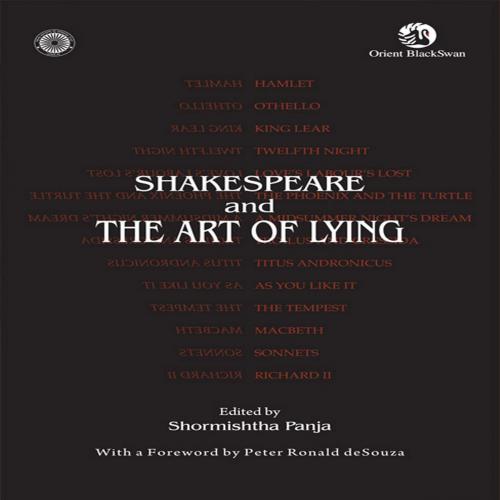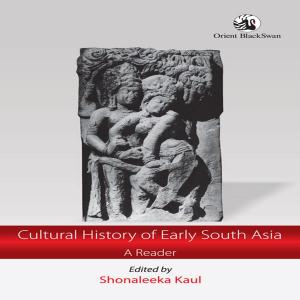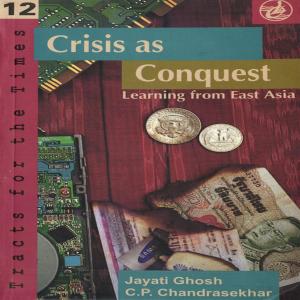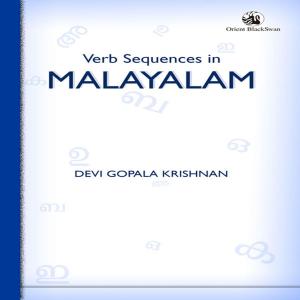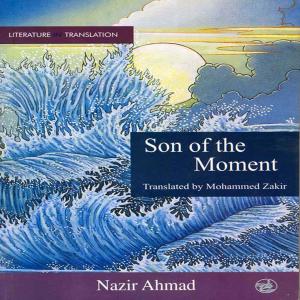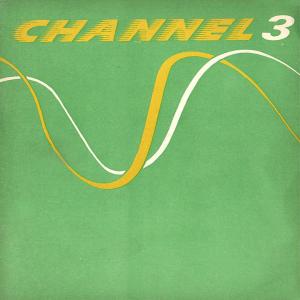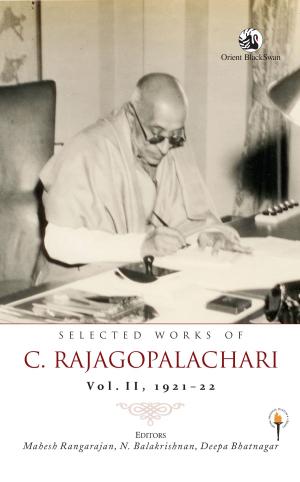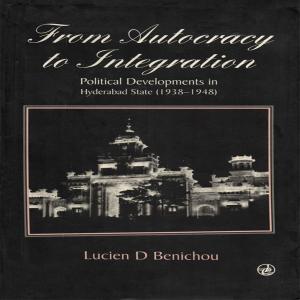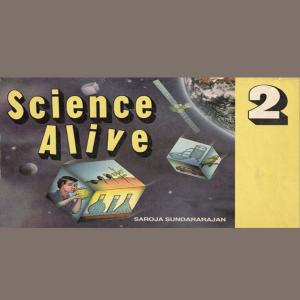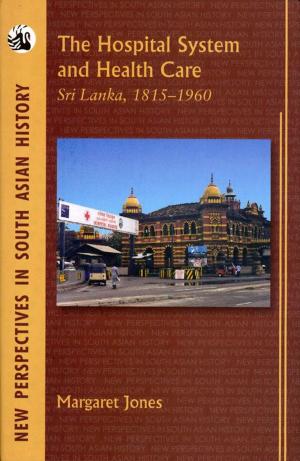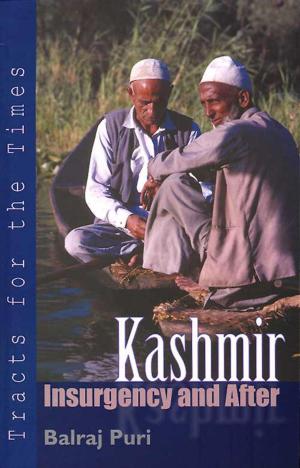| Author: | Shormishtha Panja | ISBN: | 9788125055068 |
| Publisher: | Orient Blackswan Private Limited | Publication: | October 27, 2014 |
| Imprint: | Language: | English |
| Author: | Shormishtha Panja |
| ISBN: | 9788125055068 |
| Publisher: | Orient Blackswan Private Limited |
| Publication: | October 27, 2014 |
| Imprint: | |
| Language: | English |
Questions of truth, untruth, representation and deception were pivotal to sixteenth and seventeenth century thought. Be it Machiavelli, More or Montaigne, writers and philosophers struggled with questions of lying and truth-telling, and how truth is constructed and performed. But what view did Shakespeare subscribe to? What notions of falsehood, and, axiomatically, of truth, emerge from a reading of his works? This collection of essays from scholars such as Stuart Sillars, Coppélia Kahn, Supriya Chaudhuri, Bijoy Boruah, R. W. Desai, Gert Hofmann and Shormishtha Panja explores the many facets of lies, deception, truth and half-truth that feature so prominently in well-known plays such as Hamlet, King Lear, Twelfth Night and A Midsummer Night’s Dream and inShakespeare’s Sonnets and poems. From philosophy to physiognomy, from fictionality to reality, the essays are as varied as revealing. While the book explores the subversive potential of speech in the context of gender and class in Othello, there is also an analysis of ‘The Phoenix and the Turtle,’ one of Shakespeare’s lesser-known works. From examining visages of truth and deception in Hamlet, drawing on early modern discourses of face-reading, to reading Shakespeare in light of Nietzschean truth and falsehood and theories of mimesis and verisimilitude—these essays analyse how complex and textured Shakespeare’s engagement with lying is. In addition, the essayists pull into their orbit writers as varied as Plato, St. Augustine, Erasmus, Castiglione, and Franz Kafka.Enlightening for the student and scholar alike, Shakespeare and the Art of Lying examines Shakespeare’s words from a hitherto unexplored angle, and raises new questions about the art of representation and dissimulation, and the rhetorical practices of truth and falsehood.
Questions of truth, untruth, representation and deception were pivotal to sixteenth and seventeenth century thought. Be it Machiavelli, More or Montaigne, writers and philosophers struggled with questions of lying and truth-telling, and how truth is constructed and performed. But what view did Shakespeare subscribe to? What notions of falsehood, and, axiomatically, of truth, emerge from a reading of his works? This collection of essays from scholars such as Stuart Sillars, Coppélia Kahn, Supriya Chaudhuri, Bijoy Boruah, R. W. Desai, Gert Hofmann and Shormishtha Panja explores the many facets of lies, deception, truth and half-truth that feature so prominently in well-known plays such as Hamlet, King Lear, Twelfth Night and A Midsummer Night’s Dream and inShakespeare’s Sonnets and poems. From philosophy to physiognomy, from fictionality to reality, the essays are as varied as revealing. While the book explores the subversive potential of speech in the context of gender and class in Othello, there is also an analysis of ‘The Phoenix and the Turtle,’ one of Shakespeare’s lesser-known works. From examining visages of truth and deception in Hamlet, drawing on early modern discourses of face-reading, to reading Shakespeare in light of Nietzschean truth and falsehood and theories of mimesis and verisimilitude—these essays analyse how complex and textured Shakespeare’s engagement with lying is. In addition, the essayists pull into their orbit writers as varied as Plato, St. Augustine, Erasmus, Castiglione, and Franz Kafka.Enlightening for the student and scholar alike, Shakespeare and the Art of Lying examines Shakespeare’s words from a hitherto unexplored angle, and raises new questions about the art of representation and dissimulation, and the rhetorical practices of truth and falsehood.
